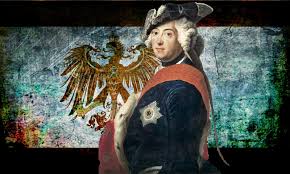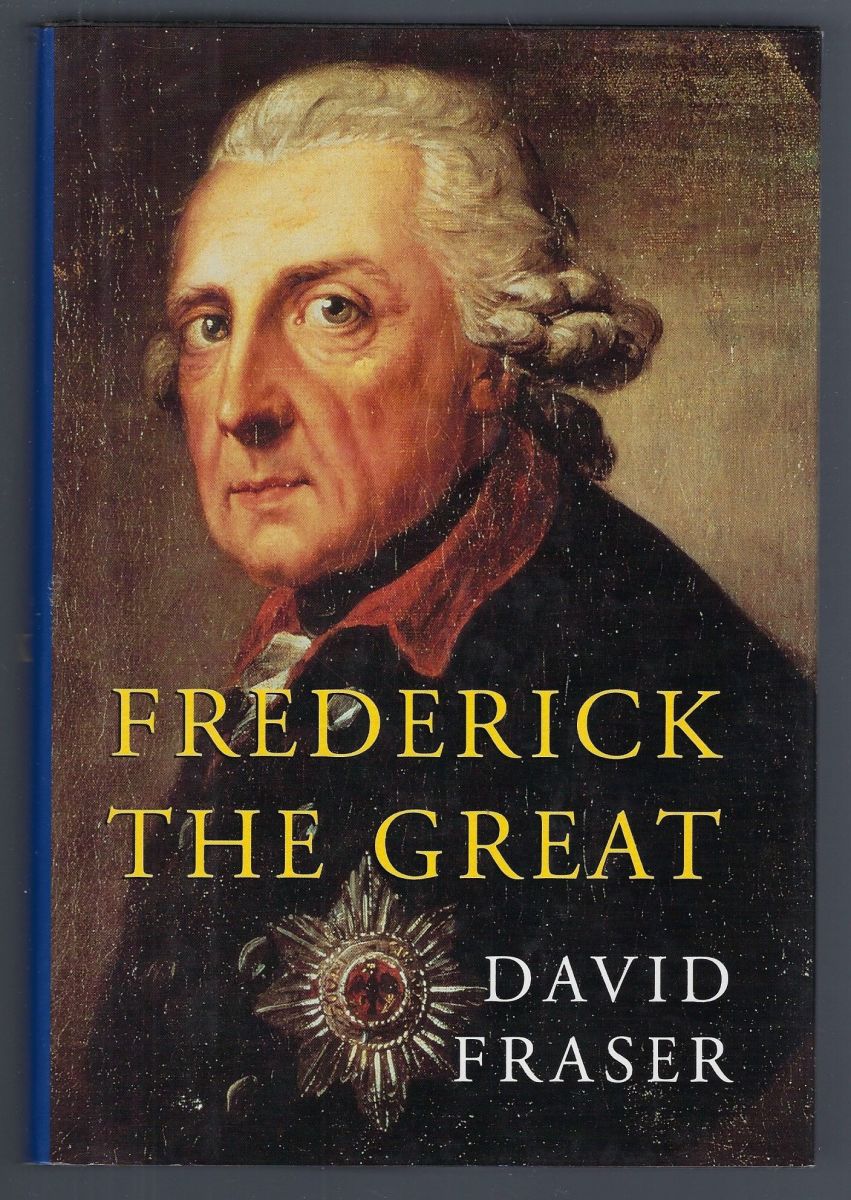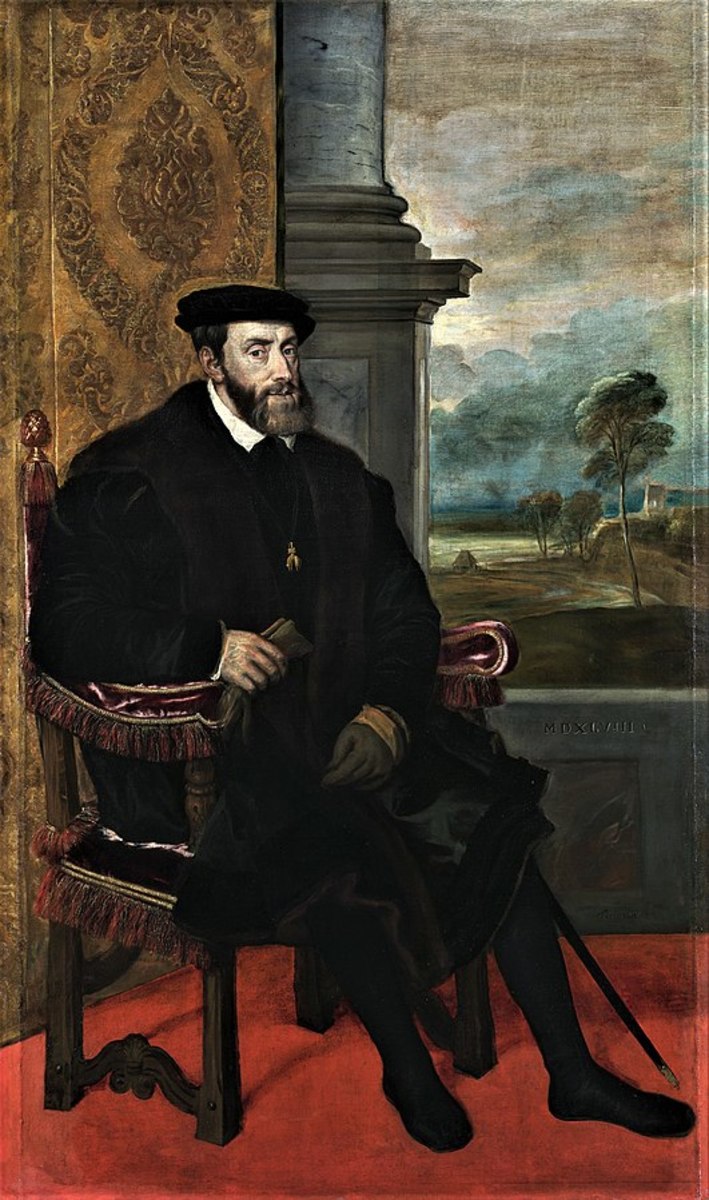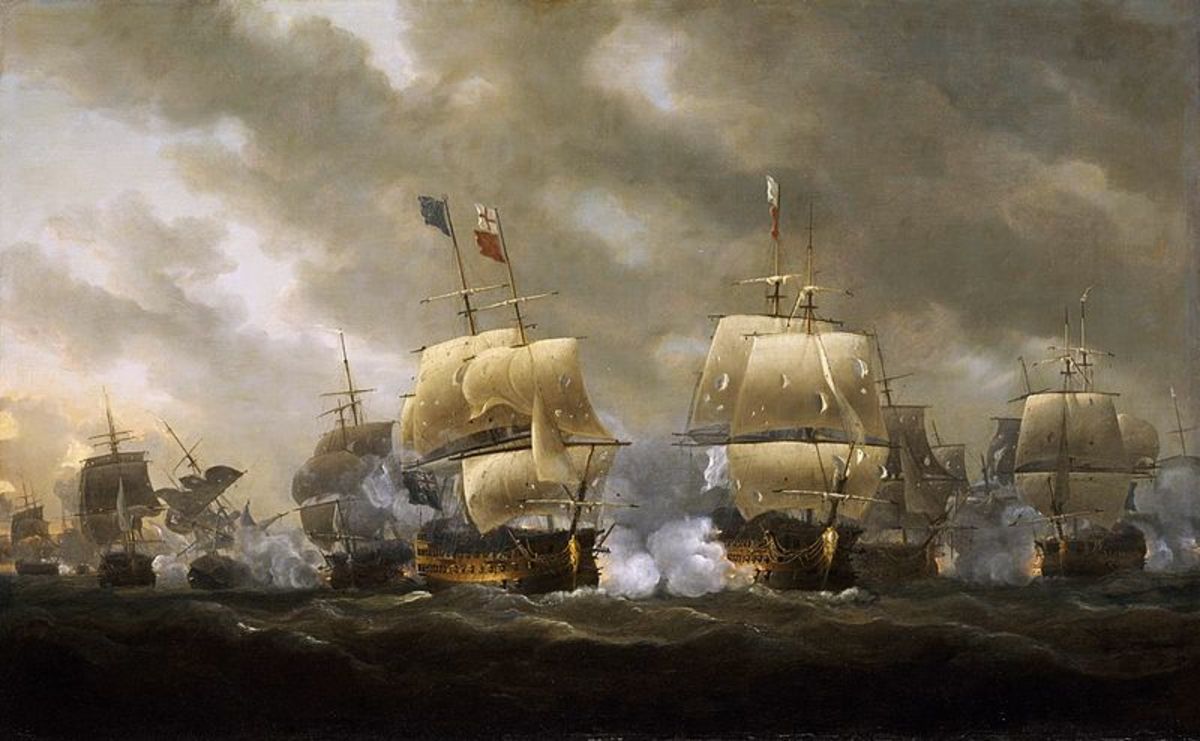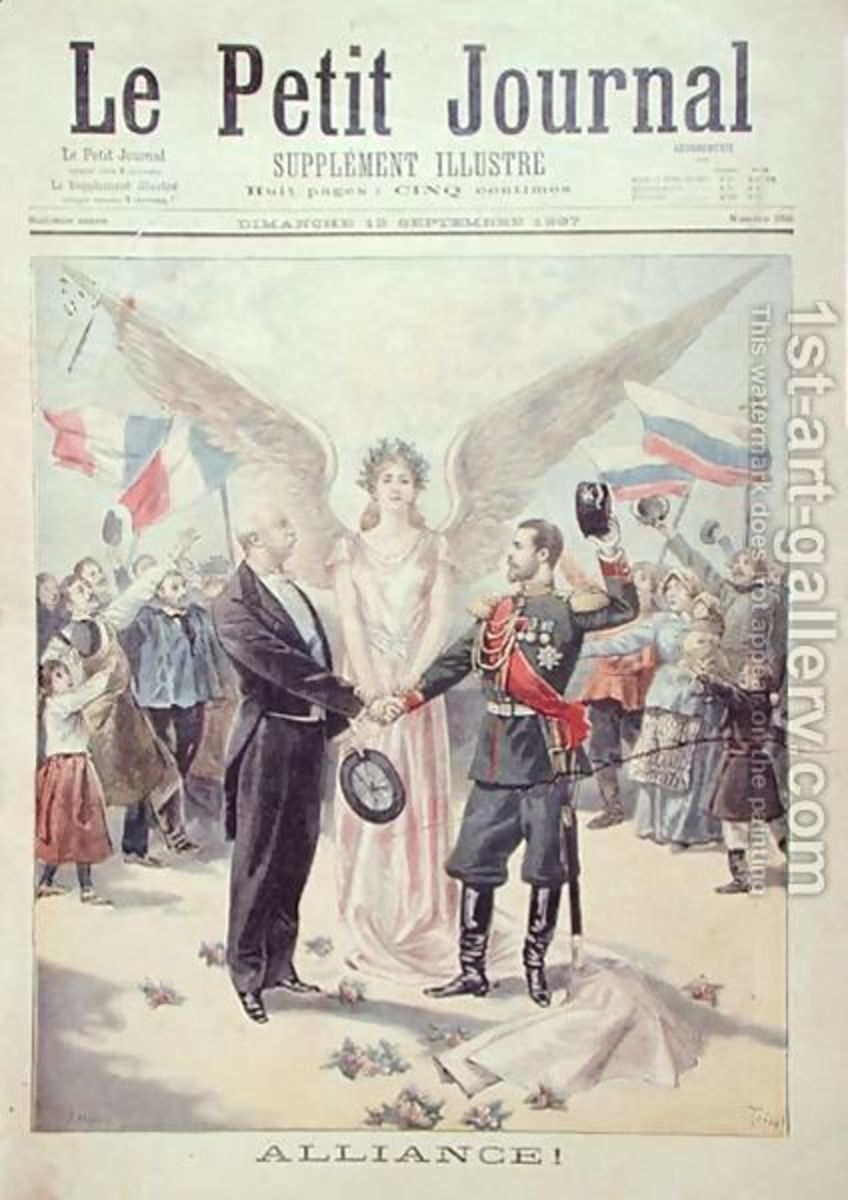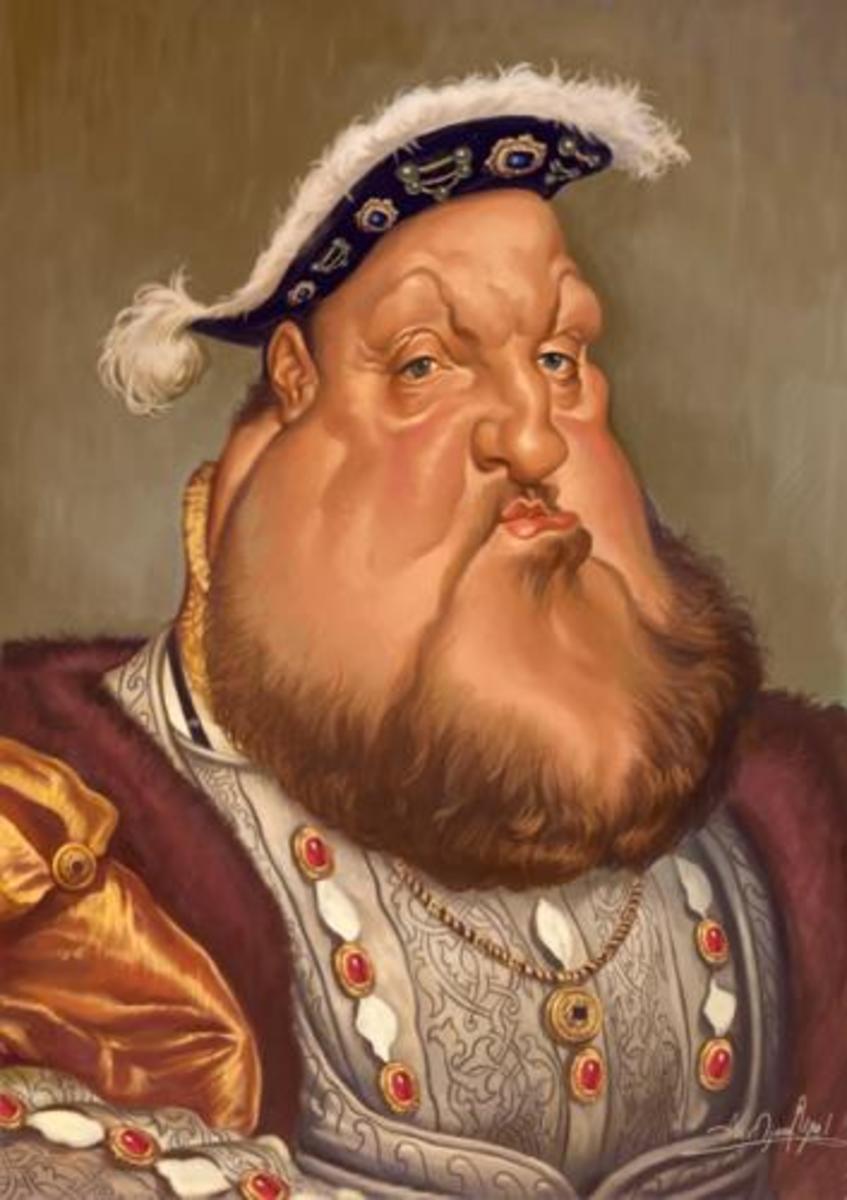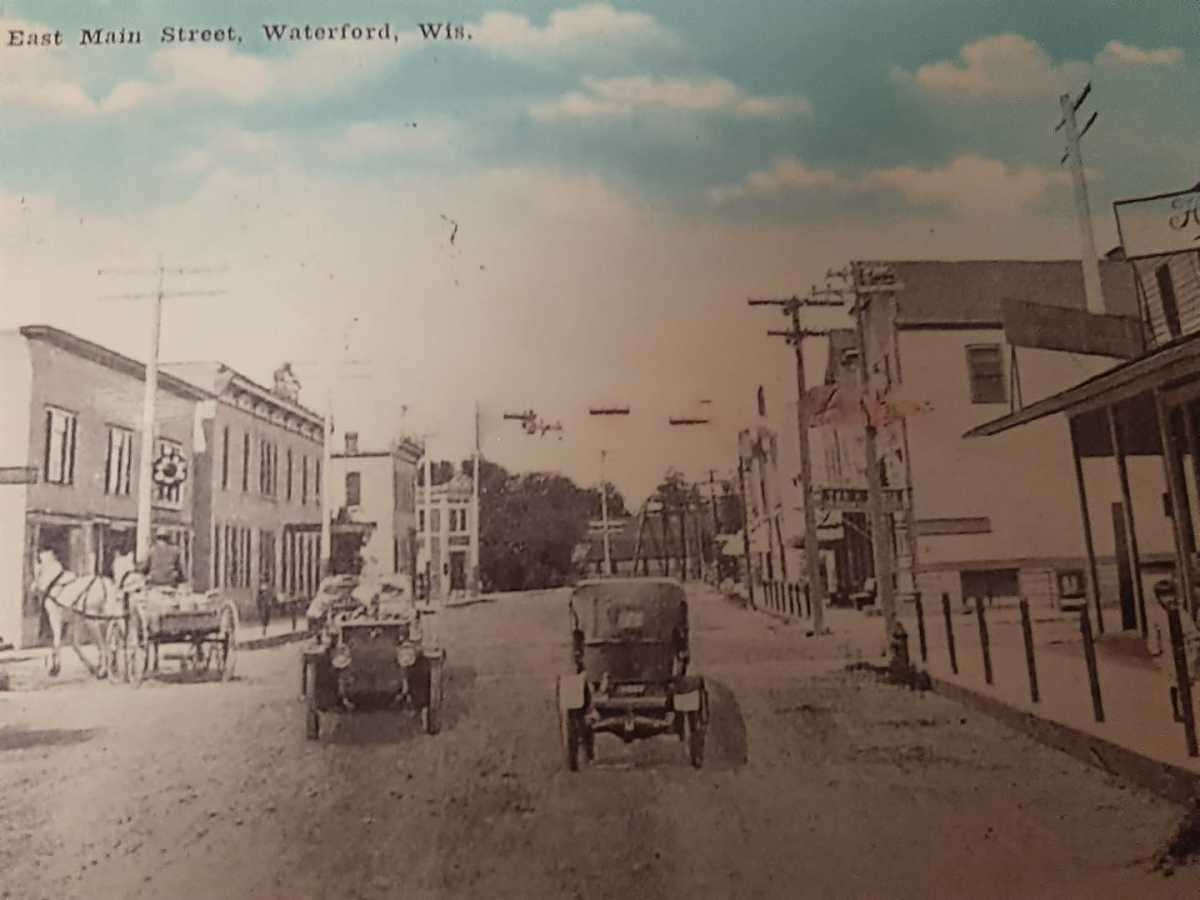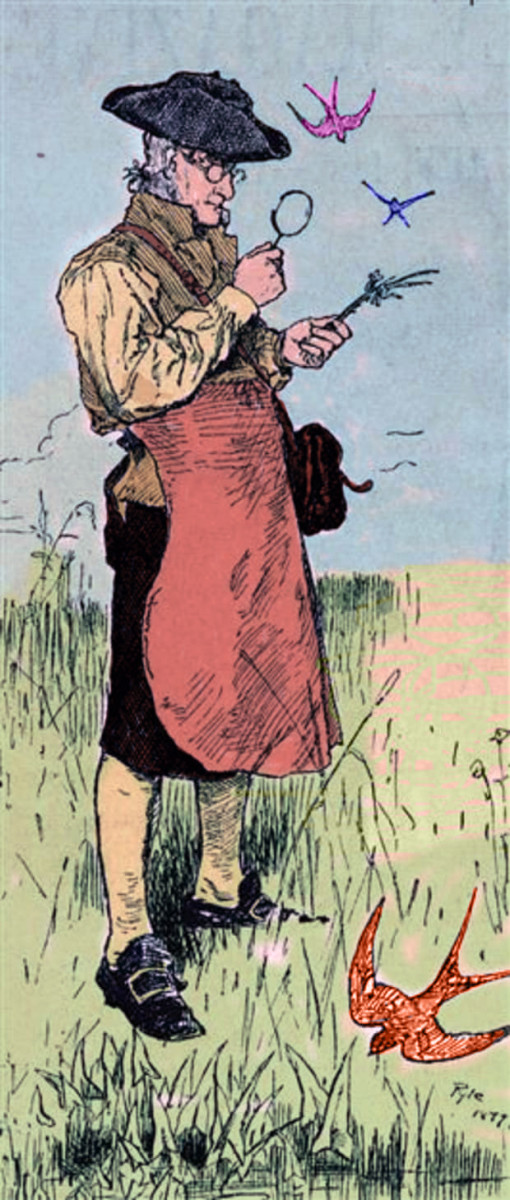Despotic Enlightment
A Despotic Introduction
There was once three particular rulers, Joseph II, Catherine, and Frederick the II. In their rules, they helped to create reforms needed to maximize happiness for the people; this process is known as Enlightened Absolutism, is a form of absolute monarchy or despotism in which rulers were influenced by the Enlightenment.(WikiPedia) Through this process, the whole of Europe watched as they created reforms that benefited the citizens within while still ruling absolutely. In a way, this kind of power can be used for a major beneficial good that can direct resources almost instantly to any kind of critical or serious problem at hand. On the other hand, this type of power can be a bad process as well, the verification behind this dictation is the fact that a human possesses both kind and cold-hearten behaviors, and either could be used at any time. This makes a ruler with an despotic fashion about them, act in a manner of absolutism but with a feeling of remorse and kind earthed ideals for his/her people.
But what sort of qualities does an Despotic Nation have with a kind hearted despot behind the people:
- Freedom of Speech & the Press
- Religious Toleration
- The Right to Hold Private Property
- A Despot would pursue making his/her subjects happy through the arts, religion, sciences, etc, all in an effort to seal their rule in an Absolute Nature.

Joseph II of Austria
The first of the three rulers, Joseph II, was ruler of Austria following the death of his mother, Maria Theresa in 1780, and ruled until his death in 1790. Joseph strived through his rule to offer religious tolerance, thus issuing the Edict of Tolerance, this allowing universal tolerance towards protestants and Catholics, and allowed Jewish toleration and their economic ventures to continue. The Austrian ruler also created a bureaucratic, judicial, and economic centers all directly responsible to the Monarch himself. This allowed for separation of powers by absolute rule, as this kept corruption from gathering in any set department. Beyond the major accomplishments that were stable until his death, there was also flourishing arts and music, as Joseph II even allowed Mozart to stay in the royal chambers for a time, a well honored pleasure at that time, as Mozart defined the term Classical in a whole different light. At the end of Joseph's life in 1790, most of his reforms began to crumble and placed deficits and religious instability in the hands of further rulers.
Frederick the Great
Frederick II, or Frederick the Great, of Prussia ruled from 1740 to 1786 granted widespread cheers from his citizens, as he set up very stable reforms that created a sense of drifting comfortably among the populations, upper and lower. Some of these reforms included universal religious toleration, freedom of the press and speech, and abolition of torture. These coincided with the major road system Frederick had built, over thousands of miles of roads connecting the various cites and towns. After the road system was built, the flux of students to universities caused the Prussian ruler to enforce general education, but the people had to eat right? Well, Frederick the Great did that too, as he made reforms to agricultural re-modification, allowing for maximum potential profit while still keeping balance with the natural price of things. These reforms unlike their neighbor of Austria, remained stable and allowed for increases in population, and a trade boost from import/export business ventures.
Catherine the Great
This Brings us to the the greatest female reformer of the despotic times, Catherine the Great, ruled Russia from 1762 and on into the 1800's. Her reforms helped make the Fatherland a greater nation than before the war, as she dominated through military tact, economic expansion, and gained land for her people. Through an economic standpoint, she created the Free Economic Society, in which allowed for advancement of agricultural and industrial modernization. Catherine also put a large amount of time into foreign trade in under-developed sections of their nation, this allowing for extensive trading and thus larger profit dividends. During her reign, Catherine the Great helped make Russia a land of modern thought and cultural diversity.
So then the question is this. Who is the greatest Despotic ruler? I gave the facts, you decide, if you would like my honest thought, I believe Joseph II was the greatest, just because even though he failed in his radical reforms, he also paved the way for the countries currently in place of Austria and the surrounding areas. That is just my opinion in the end here, but that are most certainly other individuals, groups, societies, etc, that could most reassuringly have a grander picture on the nature of these Despots. It was shown that their dedicated reforms, each Despot in his or her own right, created civilizations that had to reform or be felled back in the wake of advancement, socio-cultural understanding, and religious opportunities. The answer to this question is still open for debate, as there is no definite solution to this equation, just more theories.
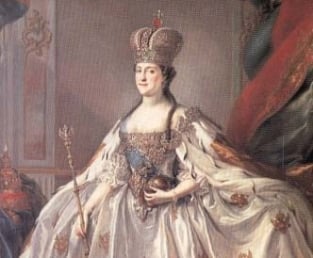
Did you like this quick but understandable Article, then check out some others below:
- Does Absolute Power Corrupt Absolutely
The philosophy - Power tends to corrupt philosophy has been ripped apart and dispelled. The second part of that same philosophy- Absolute power corrupts absolutely philosophy explained and debunked also. Read and learn... - A comparison between Gregorian Chants and Motets
A Essay on the Comparision between the Gregorian chants of the Medieval Period and the Motets of the Renaissance. Two pieces of musical masterpieces are studied directly, "Pascha Nostrum" and "Osculetur me Osculo". - The European Impact on North America: Native Americans and Economics
An Analysis on the Impact Europe made on the New World that was to become America from the peace and quarrels between the Indians, to the economic growth that pushed the colonies into America. - Enlightened despotism and enlightened despots of Europe, a short overview
There was time in the history of modern Europe when kings were ruling with absolute power, like despots. Although belonging to the same elite, some monarchs were ready to make some changes. These monarchs are called "enlightened despots" and their er - The American Colonies: Economics, Population, and Religion
The American Colonies, a growing population of people that came for various reasons. From Religion to Economics, this article helps to explain the vital importance of function that was to become the United States. - Frederick the Great and Joseph II: Enlightened Despots?
Both Joseph II and Frederick the Great were enlightened despots who cared for their people. Enlightened despotism is an interesting phenomenon that still exists to some extent in politics today when otherwise educated and intelligent leaders feel tha - Wilhelm Wundt: The man who pioneered Psychology & Experimental Introspection
Have you ever wondered who actually began to pioneer the field of psychology, the man behind Introspection? Wilhelm Wundt was a psychologist, physician, and Author, a true trend-setter in Germany.
